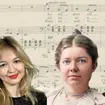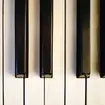21 of the greatest women composers in classical music
From Hildegard in the 12th century through to the present day, women have made a significant contribution to classical music which has often been overlooked...
-
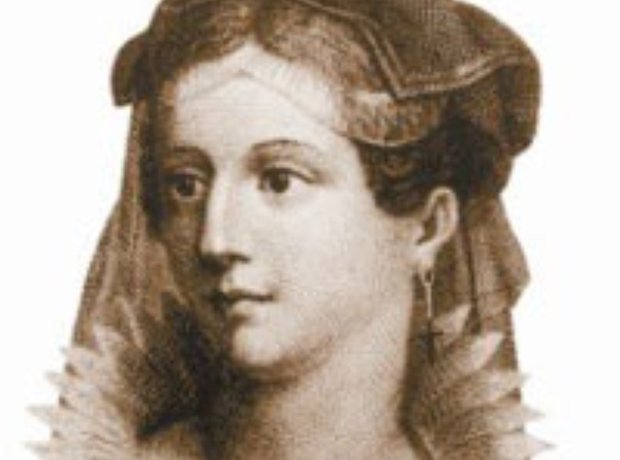
1. Hildegard of Bingen (1098-1179)
Not only a composer of some 70 works, Hildegard was a writer, mystic and visionary. As a Benedictine Abbess, she founded two monasteries. One of her compositions, the Ordo Virtutum, is the oldest surviving morality play. It features melodies for the human soul and 16 virtues, but the Devil for once doesn't get any of the best tunes – he has a speaking role.
-
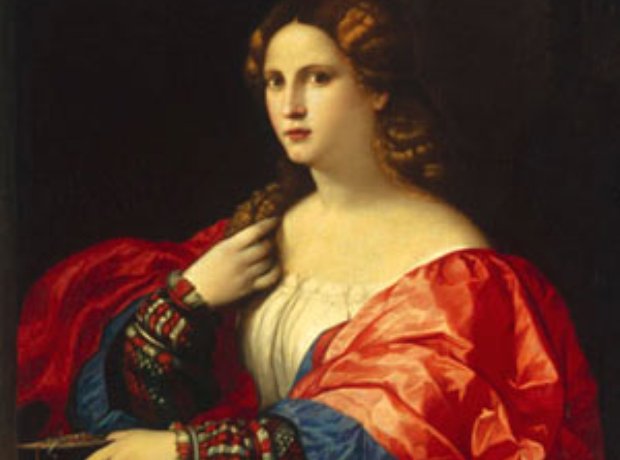
2. Francesca Caccini (1587-1640)
Singer, lutenist, poet and teacher, Caccini was the daughter of the great Renaissance composer, Giulio Caccini. She became one of the most influential female European composers but very little of her music survives. Her stage work, 'La liberazione di Ruggiero', is considered to be the first opera by a woman.
-
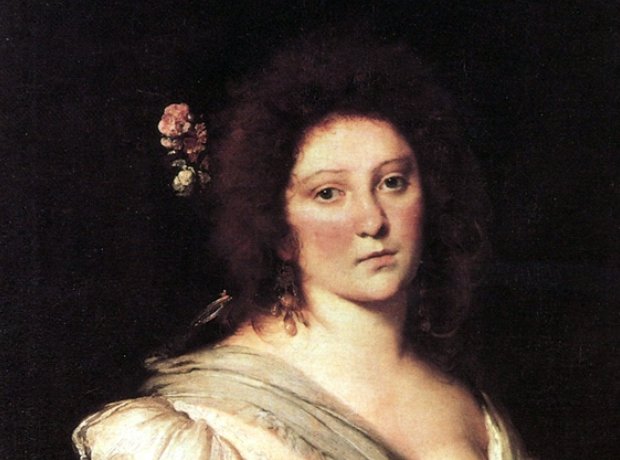
3. Barbara Strozzi (1619-1677)
Barbara Strozzi was said to be 'the most prolific composer – man or woman – of printed secular vocal music in Venice' in the middle of the 17th century. Her unique output only contains secular vocal music, with the exception of just one volume of sacred songs. The large majority of her works were written for soprano.
-
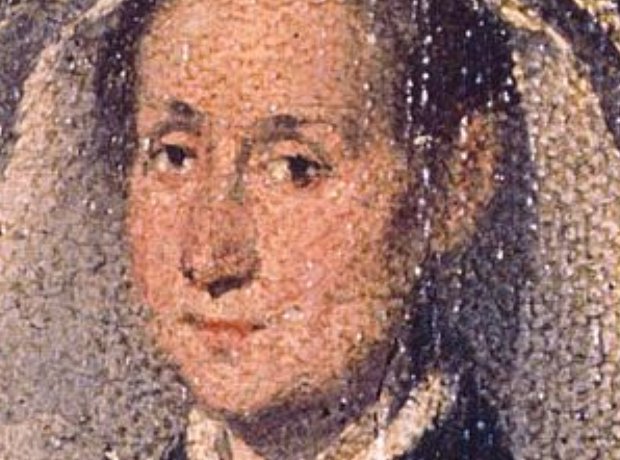
4. Isabella Leonarda (1620-1704)
At 16, Leonarda entered a convent where she stayed for the rest of her life. She was one of the most productive woman composers of her time, as well as a teacher for the other nuns. Her 'Sonate da chiesa' was historic in that it was an instrumental composition rather than vocal. She is one of only two Italian women known to have written instrumental music.
-
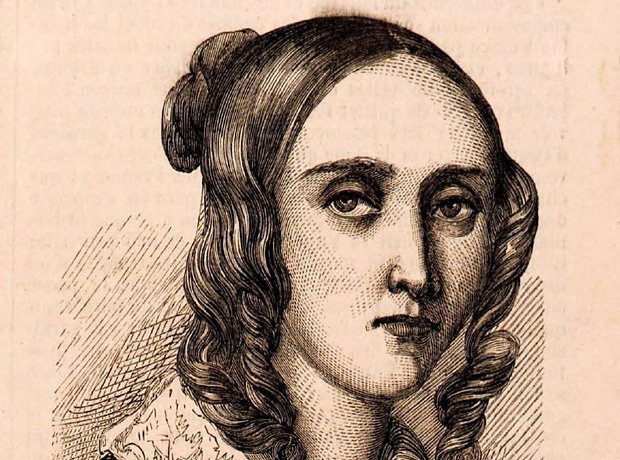
5. Louise Farrenc (1804-1875)
Louise Farrenc received piano lessons from masters such as Ignaz Moscheles and Johann Nepomuk Hummel. Following her marriage, she interrupted her studies to play concerts with her husband, the flautist Aristide Farrenc. Despite her brilliance as a performer and composer, she was paid less than her male counterparts for nearly a decade. Only after the triumphant premiere of her Nonet for wind and strings - in which the violinist Joseph Joachim took part -did she demand and receive equal pay.
-
-
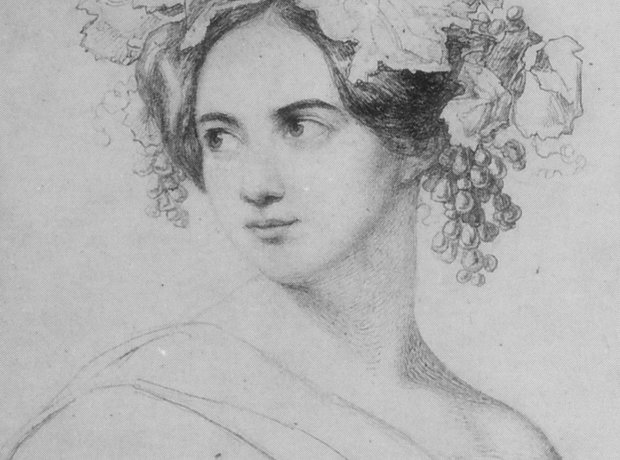
6. Fanny Mendelssohn (1805-1847)
Sister of the composer Felix Mendelssohn, Fanny composed more than 460 works, including a piano trio and several books of piano pieces and songs. A number of her works were originally published under Felix's name. Her piano works are often in the style of songs and carry the title, ‘Song without Words.’ This style of piece was successfully developed by Felix, though some assert that Fanny preceded him in the genre.
-
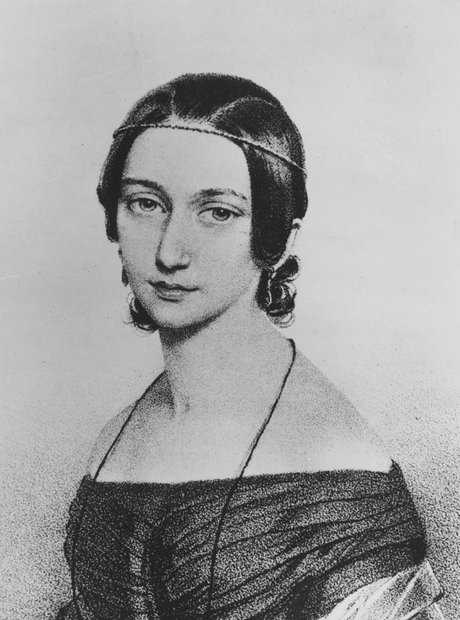
7. Clara Schumann (1819-1896)
The wife of Robert Schumann and herself one of the most distinguished pianists of her time, Clara enjoyed a 61-year concert career. Her father Friedrich Wieck taught her to compose and she wrote her Piano Concerto at the age of 14. She largely lost confidence in her composing in her mid-30s. ‘I once believed that I possessed creative talent, but I have given up this idea;’ she said, ‘a woman must not desire to compose — there has never yet been one able to do it. Should I expect to be the one?’
-
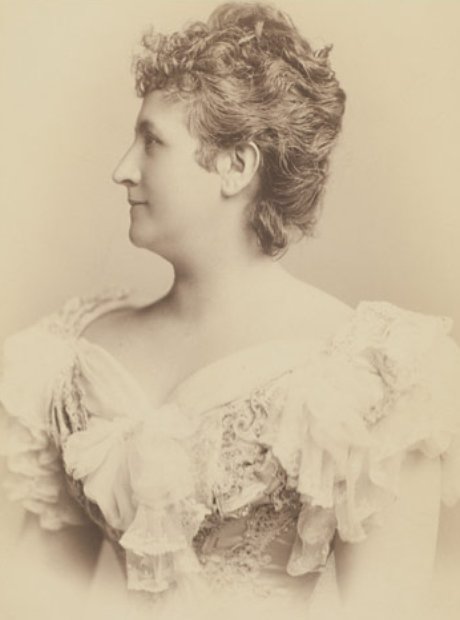
8. Teresa Carreño (1853-1917)
This Venezuelan pianist, singer and composer performed for Abraham Lincoln at the White House in 1863 and at several of Henry Wood's promenade concerts. She composed at least 40 works for piano, two for voice and piano, two for choir and orchestra, and two pieces of chamber music. Her song 'Tendeur' was a hit in her time. Remarkably, a crater on Venus is named after her.
-
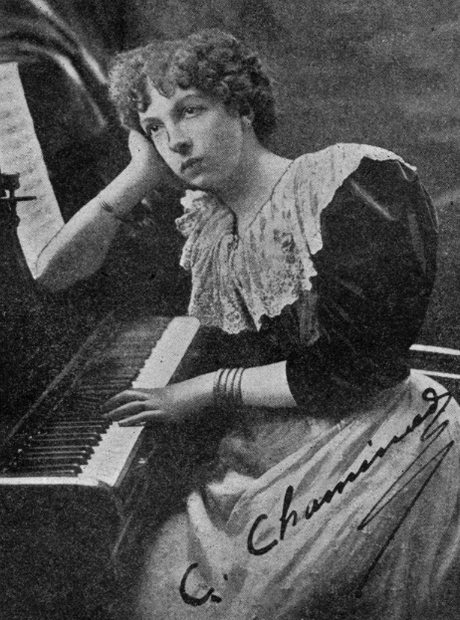
9. Cécile Chaminade (1857-1944)
Chaminade was composing from an early age, even playing some of her music to Georges Bizet when she was eight. She wrote mostly pieces for piano and salon songs, which were hugely popular in America. She composed a Konzertstück for piano, the ballet music to 'Callirhoé' and other orchestral works. The composer Ambroise Thomas once said of her, 'This is not a woman who composes, but a composer who is a woman.'
-
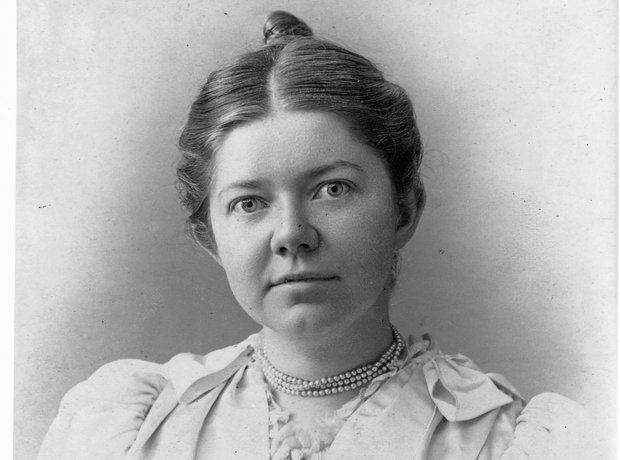
10. Amy Beach (1867-1944)
America's first successful woman composer, Amy Beach was an accomplished pianist who agreed, after her marriage, to limit her piano performances to one charity recital a year. After her husband died, she toured Europe as a pianist, playing her own compositions to great acclaim. Her music is mainly Romantic, although in her later works she experimented with more exotic harmonies and techniques. Her most famous works include the Mass in E-flat major and the Gaelic Symphony. Picture: Getty
-
-
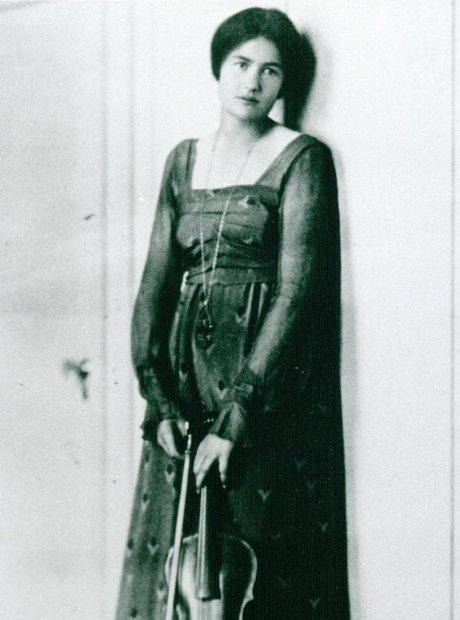
11. Rebecca Clarke (1886-1979)
Harrow-born Clarke is best known for her chamber music for the viola, which she wrote for herself and the all-female chamber ensembles she played in. Her works - including a Viola Sonata - were strongly influenced by several trends in 20th century classical music, particularly the impressionism of Claude Debussy. Clarke knew many leading composers of the day, including Ravel, with whom her work has been compared.
-
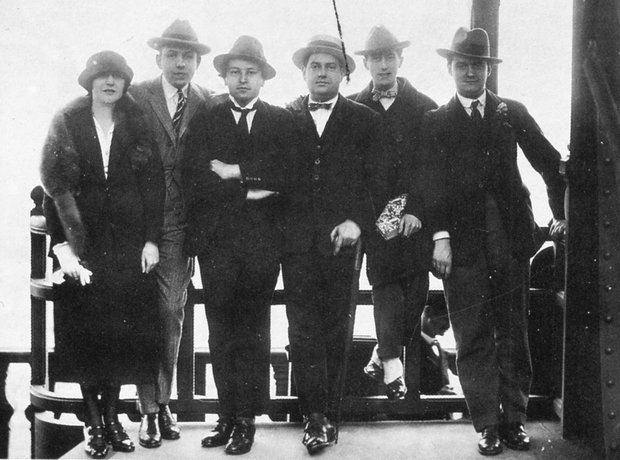
12. Germaine Tailleferre (1892-1983)
Tailleferre was the only woman in the group of French composers, Les Six. Encouraged and inspired by her friends – including Poulenc and Ravel – she wrote many of her most important works during the 1920s, including her first Piano Concerto, the Harp Concertino, the ballets 'Le marchand d'oiseaux' and 'La nouvelle Cythère'. She was composing and playing piano right up until her death at the age of 91.
-
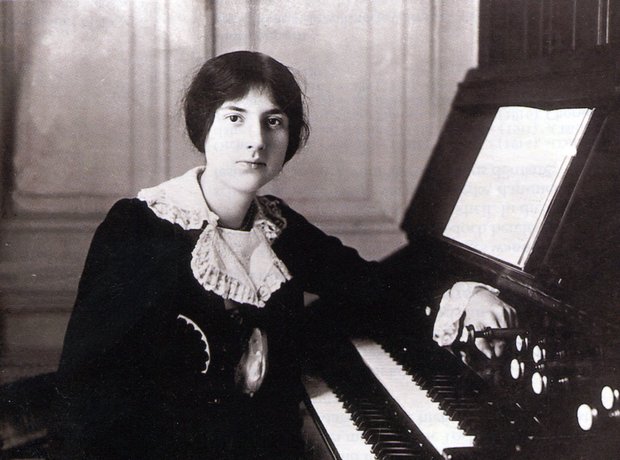
13. Lili Boulanger (1893-1918)
Boulanger's talent was evident at the age of two, when Gabriel Fauré discovered she had perfect pitch. Her parents encouraged her musical education. At the age of 19 she won the Prix de Rome composition prize for her 'Faust et Hélène', becoming the first woman composer to win the prize. She died tragically young. The asteroid 1181 Lilith was named in her honour.
-
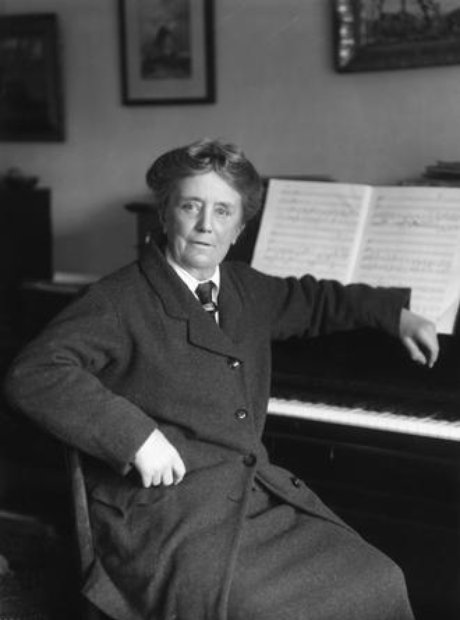
14. Ethel Smyth (1858-1944)
Composer and active campaigner, Smyth’s 'March of the Women' became the anthem of the suffragetes. She even served two months in Holloway Prison for breaking a window. When conductor Thomas Beecham went to visit her, he found suffragettes singing in the quad, as Smyth leaned out of a window conducting with her toothbrush.
-
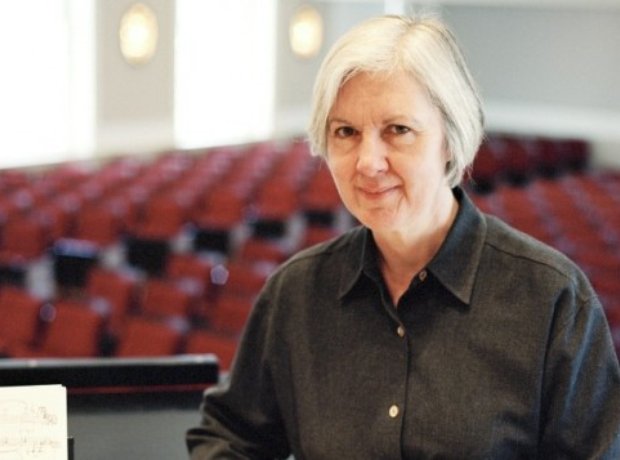
15. Judith Weir (b.1954)
Judith Weir trained with John Tavener. Her music often draws on sources from medieval history, as well as the traditional stories and music of her native Scotland. She is best known for her operas - including 'Blond Eckbert' and 'Armida' - and theatrical works, although she has also achieved international recognition for her orchestral and chamber works.
-
-
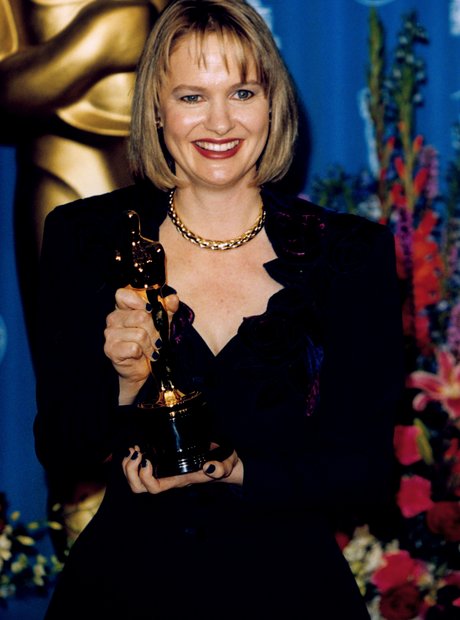
16. Anne Dudley (b.1956)
Dudley is best known as one of the core members of the band Art of Noise and as a film composer. In 1998, she won an Academy Award for Best Original Musical or Comedy Score for ‘The Full Monty.’ In addition to more than 20 other film scores. She recently served as music producer for the film version of ‘Les Misérables’, also acting as arranger and composing some new additional music.
-
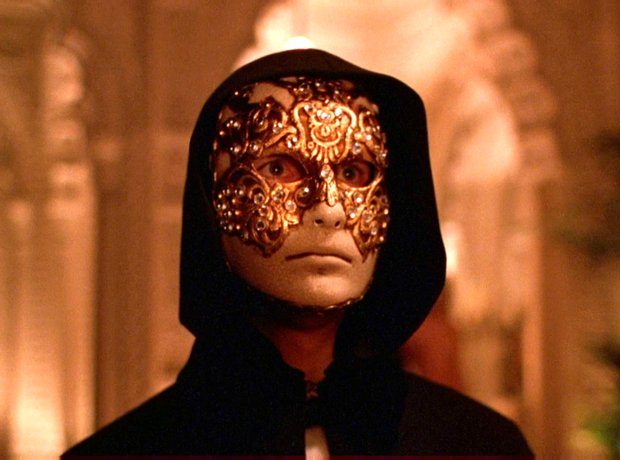
17. Jocelyn Pook (b.1960)
As a viola player, Pook played with many pop acts including The Communards and Massive Attack. Her career as a film composer took off when music from her album 'Flood' were used in Stanley Kubrick’s film, 'Eyes Wide Shut' with Tom Cruise (pictured). Pook has since worked on the 2004 film version of 'The Merchant of Venice' and a short opera, 'Ingerland', for the Royal Opera.
-
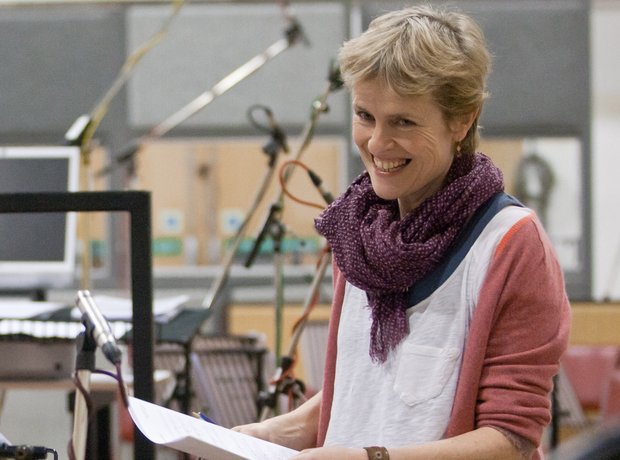
18. Rachel Portman (b.1960)
Portman’s career began with TV films such as 'Oranges Are Not the Only Fruit'. She has since written the scores for dozens of films, including 'Chocolat' and 'The Cider House Rules.' She was the first female composer to win an Academy Award in the category of Best Musical or Comedy Score - for 'Emma' in 1996.
-
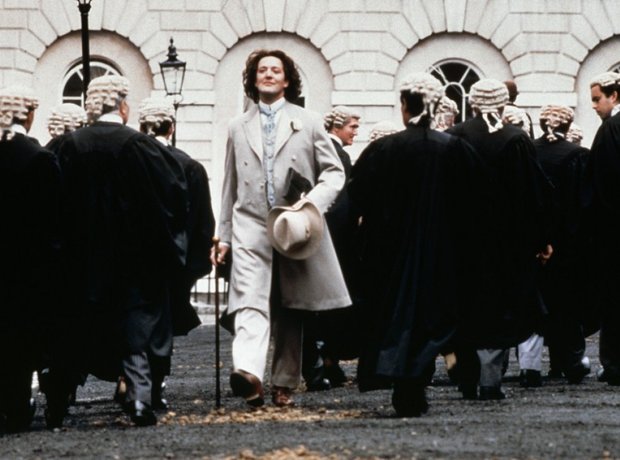
19. Debbie Wiseman (b.1963)
Film and TV composer, Debbie Wiseman is best known for her score to 'Wilde' (pictured), nominated for Best Original Film Score in the 1997 Ivor Novello Awards. Wiseman is a Visiting Professor at the Royal College of Music, and regularly gives lectures to schools and colleges about the art of composing music for films and television.
-
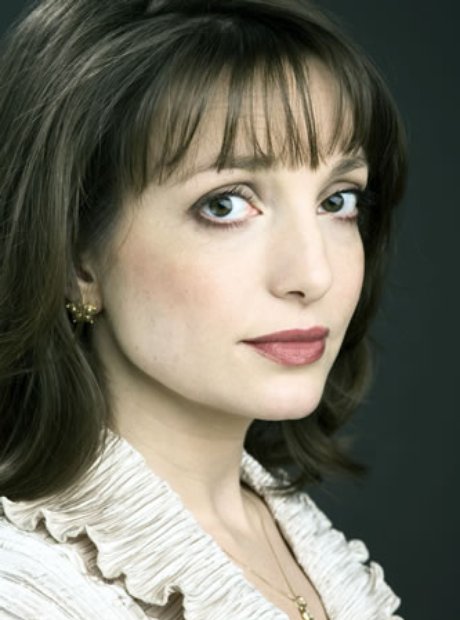
20. Roxanna Panufnik (b.1968)
Daughter of the Polish composer Andrzej Panufnik, Roxanna has written a wide range of pieces including opera, ballet, music theatre, choral works, chamber compositions and music for film and TV which are regularly performed all over the world. Among her most widely performed works is 'Westminster Mass', commissioned for Westminster Cathedral Choir on the occasion of Cardinal Hume's 75th birthday.
-
-
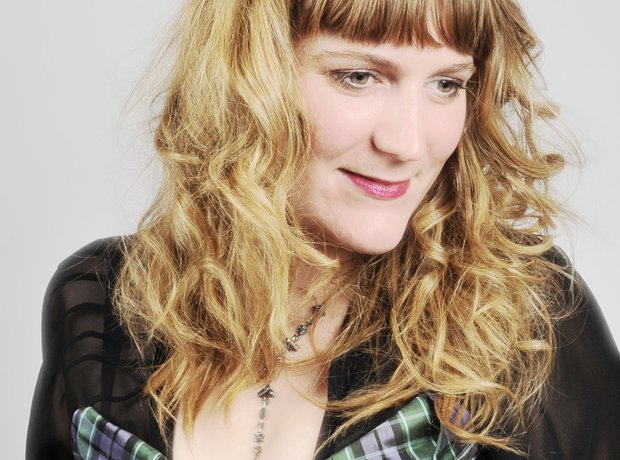
21. Phamie Gow (b.1980)
The composer and multi-instrumentalist studied at the Royal Scottish Academy of Music and Drama in Glasgow and, by the age of 19, had released two albums - 'Winged Spirit ' and 'Lammermuir' where her compositional skills came to the fore. Her composition 'War Song' has appeared on a number of best-selling compilations.



